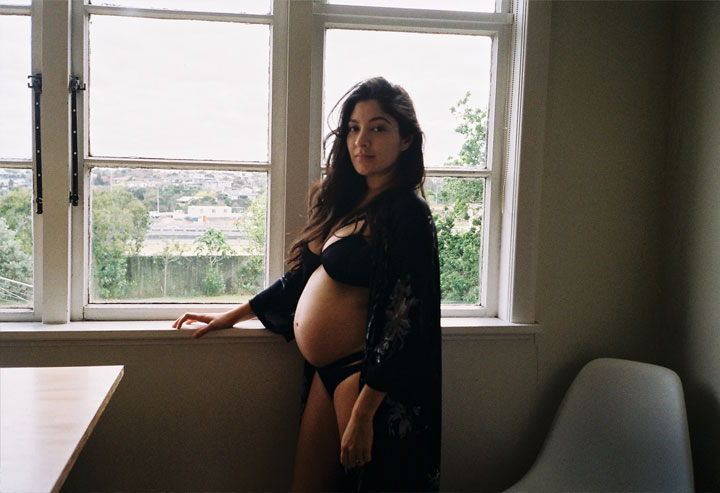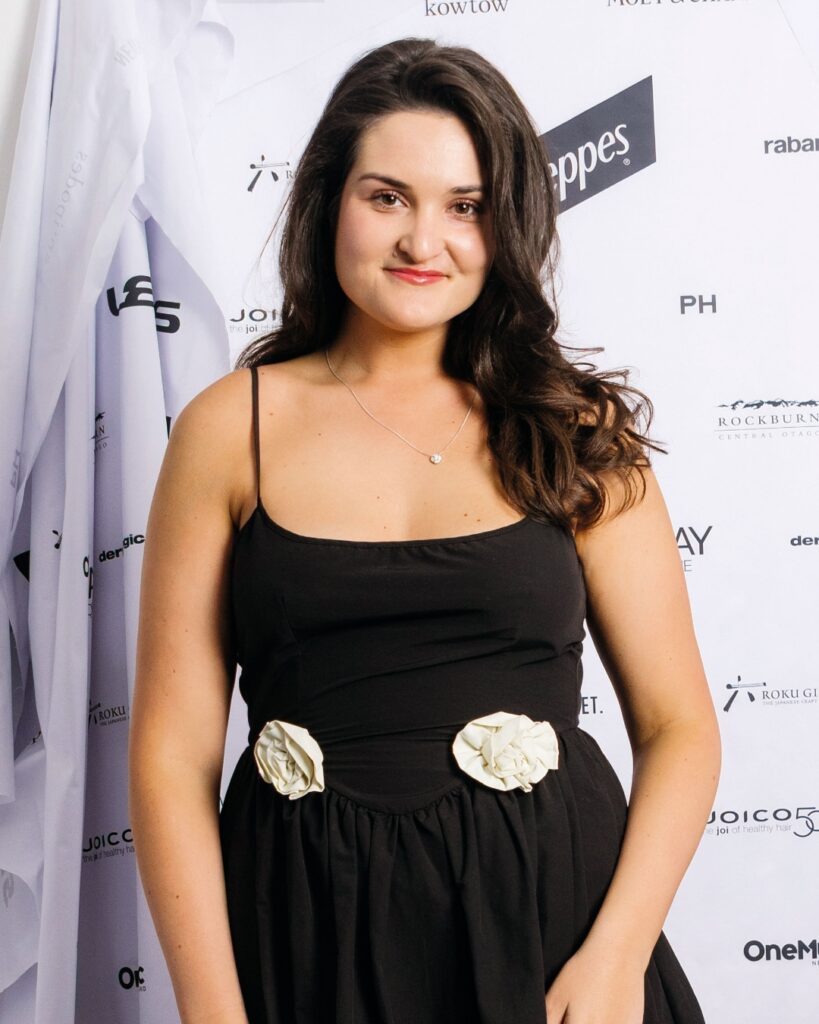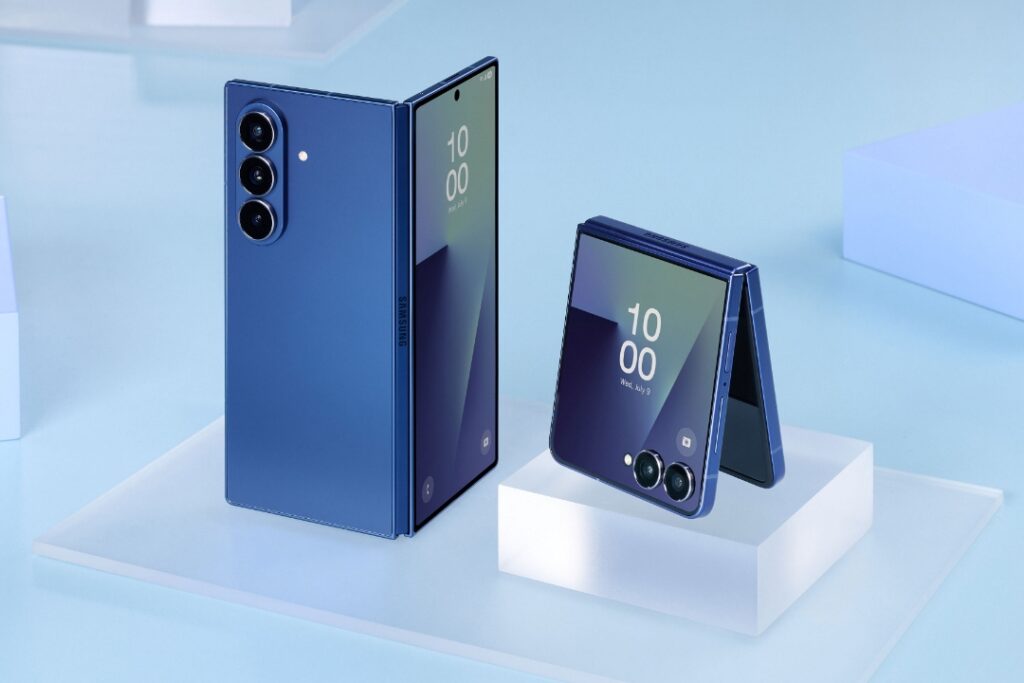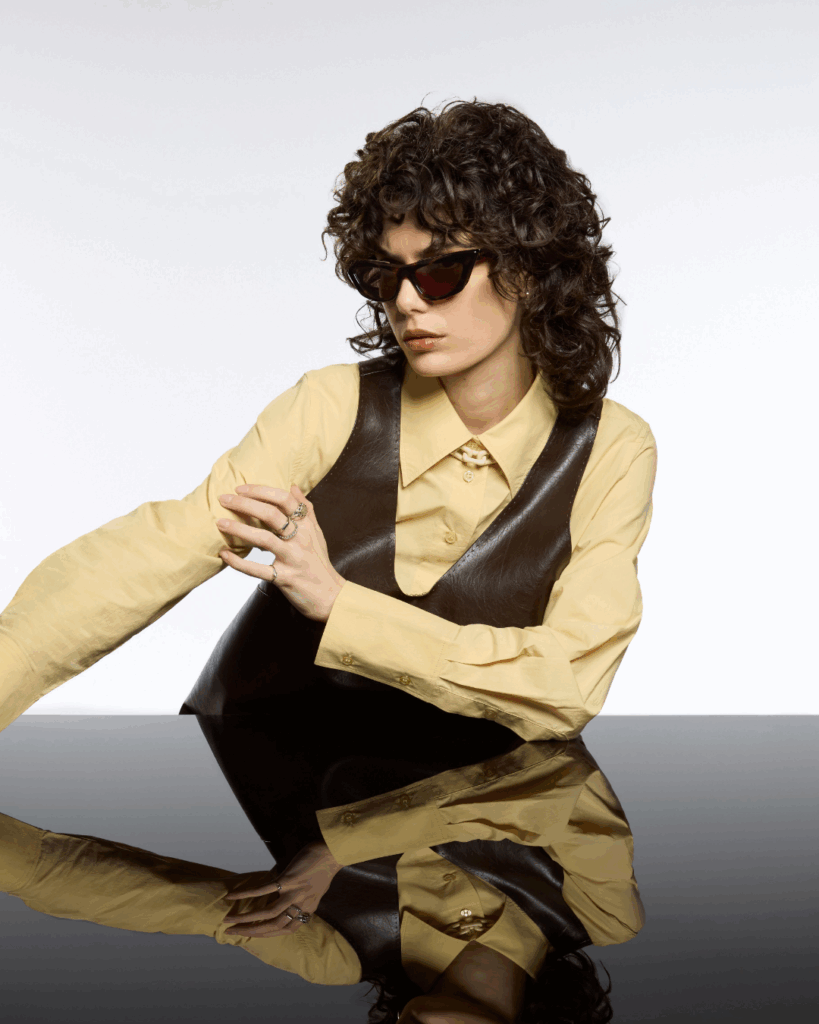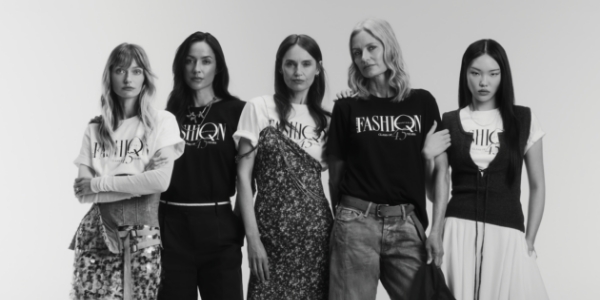For years, it wasn’t sex that sold, it was insecurities. But when women decided enough was enough, several brands took notice and changed tack.
Lucy Slight looks at the new wave of marketing, and what ‘real women’ think about it.
Everyone knows the Special K woman. Her size-eight body bounced across our TV screens and smiled at us from billboards for years. She encouraged us to lose weight by replacing two meals a day with Special K. She told us she’d help us get beach-body ready for that red swimsuit by summer. She was the ‘ideal’ woman – or so we were told.
And then a movement towards self-acceptance began, social media gave people a global voice that said to brands, ‘I don’t look like her, I don’t want to look like her, and that’s okay.’ The public shift in attitude signalled it was time to change the messages directed at women and to move with the times, flipping the traditional advertising model where brands dictated how we felt about ourselves on its head.
Body-care company Dove was the first to break free from the mainstream approach of marketing to women. In 2004, the brand launched its Campaign for Real Beauty, featuring ‘real women’ busting beauty stereotypes. In 2005, they celebrated women with curves and ‘real’ bodies to debunk the stereotype that being thin was the only way to be beautiful.
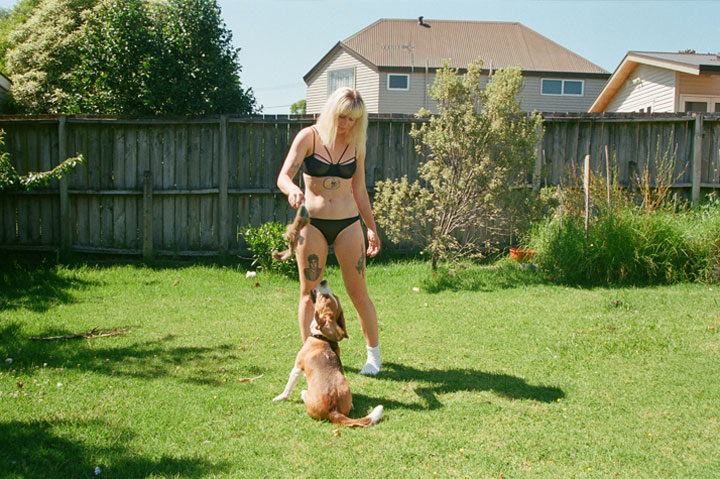
Since then, the brand has continued to grow and expand the campaign, with the aim of inspiring and educating young women – and men – about the wider definition of beauty. The initiative may have launched more than a decade ago, but the ads from 2004 are still relevant today, which speaks volumes.
In September last year, Special K changed tack with its marketing message – leaving the woman in the red dress behind and spreading messages of empowerment through their #OwnIt campaign. OwnIt embraces the perceived flaws, strengths and intricacies that make us unique.
Kellogg’s New Zealand country manager Will Brockbank says the brand is working to create a new norm with their campaign, encouraging women to embrace their own version of a ‘healthy’ body, rather than aspiring towards an unattainable ideal.
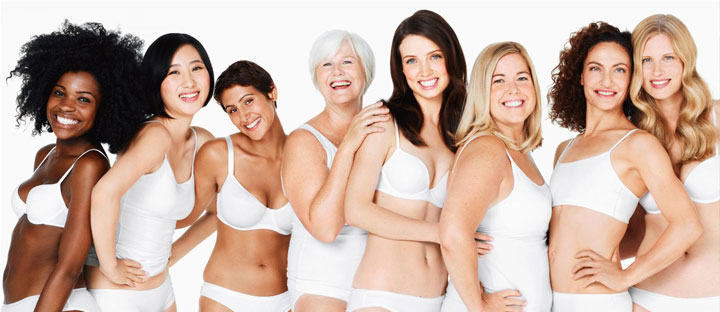
“When it comes to marketing to women, the bar has most certainly moved,” he says. “Women’s lives have changed dramatically and so has their relationship with the brands and products they consume. Messages such as ‘drop a dress size’ are no longer relevant. As a result, we’re taking the focus away from Special K being a functional weight-management brand and making it a lifestyle brand that’s connected to the values of women today.”
Through consumer research, Kellogg’s discovered that 82 percent of women worried about their belly and waist area, 47 percent were unhappy with their legs and 34 percent avoided going to the gym or participating in sport because they have ‘I-hate-my-body’ moments most days.
Twenty-nine-year-old Aucklander and radio-station brand manager Stacey Wouters has battled these thoughts all her life. “I haven’t been swimming for 15 years because I don’t want to wear togs. I don’t like group activities due to the risk there might be a weight or size restriction involved,” she says. “I’m 30 this year, which means I’ve spent what’s meant to be the best years of my life not living it properly because of one thing, my weight.”
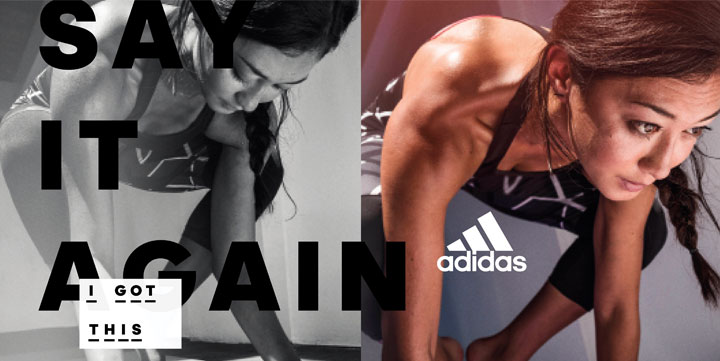
Since late last year, Stacey has documented her health journey on her Facebook page ‘No I’m not pregnant, just overweight’, facing her weight-loss like she does most things in life, “with a touch of humour”, and has lost 23kg through eating nutritious food and exercising.
“I definitely think these kinds of campaigns are a step in the right direction,” she says, in reference to the likes of Special K and Dove. “The body-image goal becomes a lot more attainable for those of us who will never be a perfect size 10.
That said, working in media myself, I can’t help but see through the majority of these campaigns. Making people feel good about themselves is one thing, but telling them to eat Special K in order to feel that way is another thing. I feel that a lot of brands are yet to distinguish the difference between the two.”
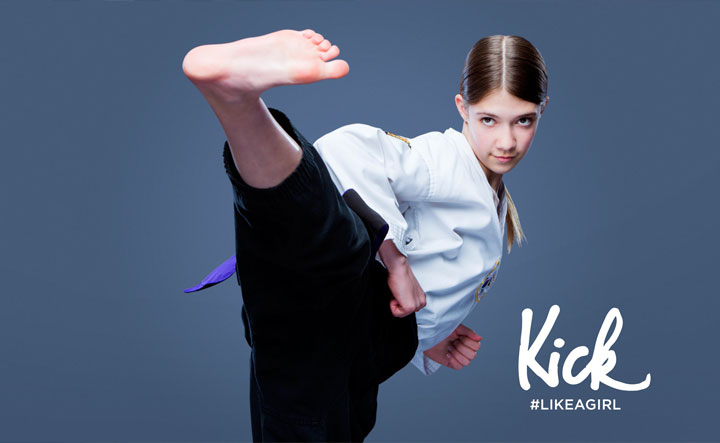
Through her company H + H Lifestyle, Abbylee Bonny teaches yoga and runs yoga retreats. She’s an infectiously positive person who you want to be around 24/7. Bubbly, confident and comfortable in her own skin, she’s passionate about helping people feel grateful for their bodies. She also spreads the message of health and happiness on her blog, thehhlifestyle.com. But she wasn’t always this way.
Having battled body dysmorphia since the age of 14, “jumping between eating disorders”, binge drinking and using recreational drugs, she says “if you’d told me back then that I’d be where I am today, I wouldn’t have believed you. I was chasing an idea that if I was skinnier I would be more accepted, more loved, more popular. Essentially I thought skinny meant happiness, because that’s what advertisers told me.”
Abbylee says seeing “women on billboards looking like the women I see walking the street” is great but wonders if we’re still focusing on the wrong thing. “They are selling their products on these women being happy despite their size, but it still doesn’t mean they are healthy, does it?
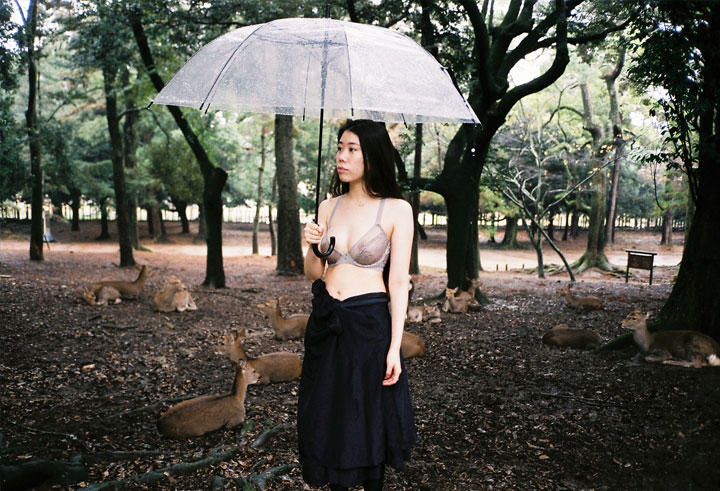
Selling supposed health and happiness in all shapes and sizes, it’s an idea. I’d rather see real women. I like seeing strong women who are active and out in nature. Personally, that’s what makes me think of health and happiness.”
In what can be seen as a step forward in women-centric advertising, London mayor Sadiq Khan recently instructed the city’s public transport network to cease running advertisements that “can demean people, particularly women”. As a father of two teenage girls, Sadiq said he was concerned that “this kind of advertising” could make women feel ashamed of their bodies.
“Nobody should feel pressurised, while they travel on the tube or bus, into unrealistic expectations surrounding their bodies and I want to send a clear message to the advertising industry about this,” he told The Guardian.
Angela Barnett, marketing specialist, former bulimic and founder of the website F**cking Awesome Bulimics I Know (FABIK), believes it’s up to parents and teachers to give young people the tools to think critically about marketing and advertising messages.
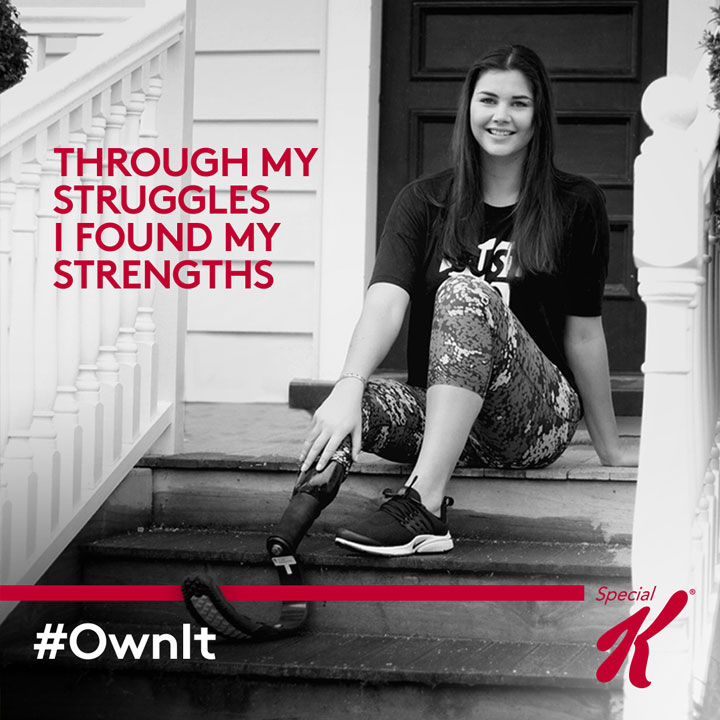
Angela, who suffered bulimia from the age of 19 through to 30, regularly gives talks to students about how advertising operates, how Photoshop works, why images are altered and how ads steer you towards different types of emotional reactions.
“I talk to them about beauty as a feeling, rather than it being something you look like,” she says. “The Always tampons #LikeAGirl campaign was one of the first ‘femvertising’ campaigns. I show them that it’s taking the mickey out of the way we take the piss out of doing things ‘like a girl’ – throw like a girl, run like a girl.
I show them how strength and beauty work together and how it’s a feeling on the inside. I get them to think about the fact that everyone will talk about how you look and will have an opinion on it and you’ve got to find your inner beauty and strength because you’ll need it. Hopefully they can be a bit more savvy when they look at things.”
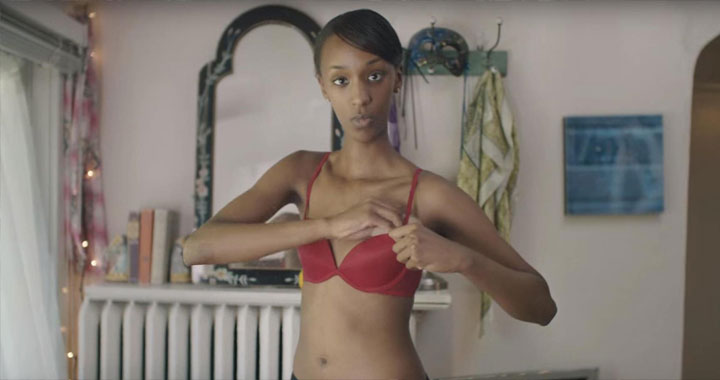
While some brands are making great strides towards spreading body-acceptance messages to women – lingerie label Lonely has their Lonely Girls Project, Adidas has the I Got This campaign – Abbylee, Stacey and Angela all agree that learning to appreciate your body for all of the amazing things it can do, needs to take precedence over the way we look.
“My mum was big on affirmations,” says Abbylee. “’I love and accept myself’ was one of her affirmations. I love this, but until I found authentic gratitude for how amazing my body is, this didn’t become my reality.


